17, July 2018
Ghanaian Pastor brutally murdered in Southern Cameroons 0
A 29-year-old Ghanaian pastor, Isaac Nii Armah Attoh has been shot during a riot that took place in West Akone in Cameroon.
The young pastor is said to have been hit by a bullet during a commotion between the Francophone and Anglophone speaking neighbours.
Pastor Isaac Nii Armah is an associate pastor with Destiny Impact Ministries, a Ghanaian church whose head Pastor is Apostle Charles Akong-Attah and headquartered in Accra.
According to Pastor Anthony who is a close friend and colleague pastor of the deceased, Pastor Isaac was returning to Cameroon where he heads one of the branches of the church after holding a naming ceremony of his first child two weeks ago before the incident.
He is said to have left Accra on Tuesday 10th July, 2018, and journeyed to Nigeria where he transited to Cameroon on Friday 13th July 2018 after which he lost touch with family members.
Several attempts to reach him proved futile until his family saw pictures of him brutally murdered on social media.
The body of the deceased is yet to be conveyed to Accra, as his family is in talks with the Ghanaian embassy in Cameroon for all necessary documentation to be done.
He left behind a wife and a month old son.
Source: Ghanaian web

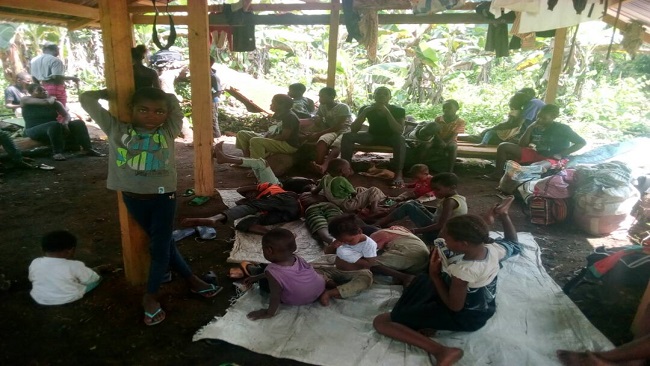



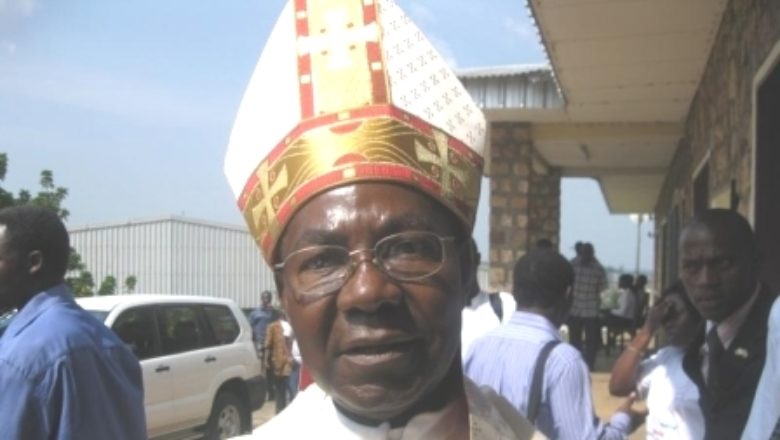
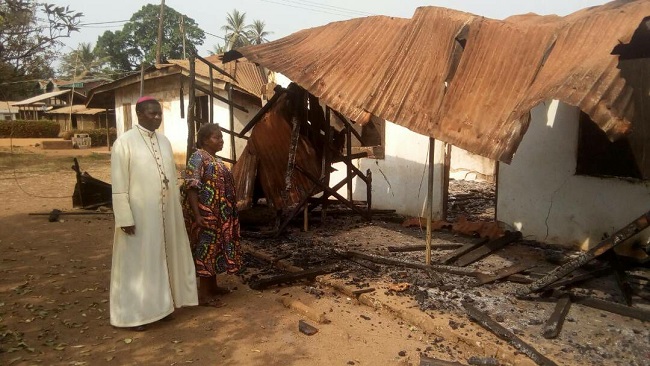


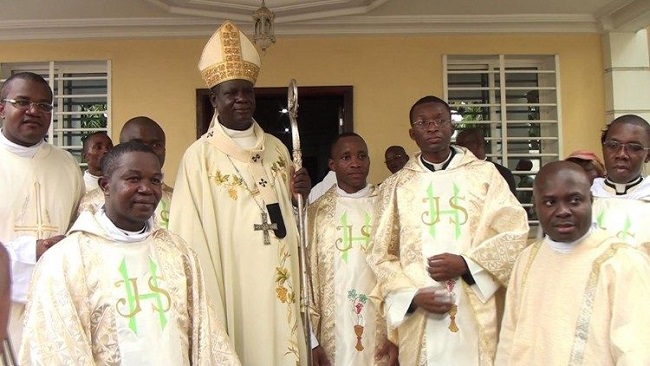
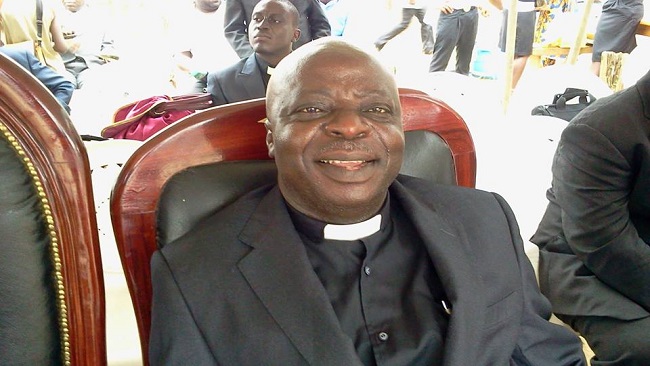
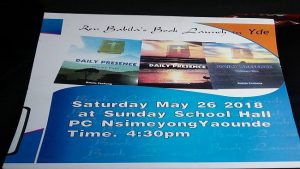
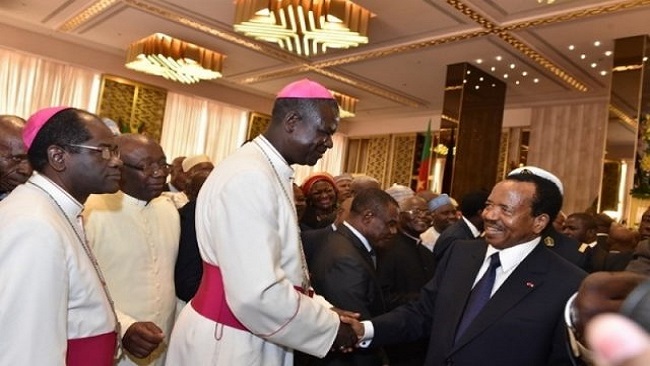
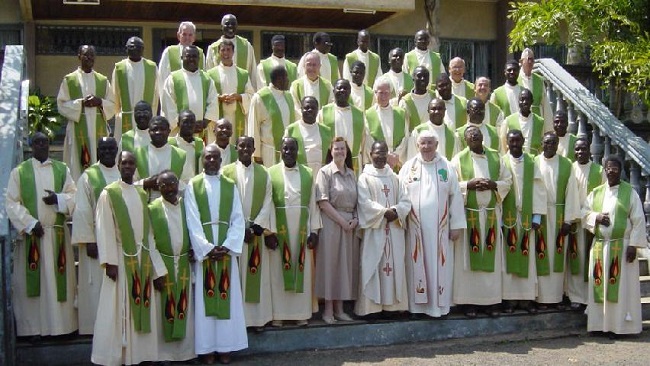

















21, July 2018
Battle for Southern Cameroons: Roman Catholic Priest killed in Muyuka 0
The Catholic Education Secretary in the Buea Diocese in Southern Cameroons Alexandre Sob Nougi has been shot dead along the Buea-Muyuka road by Cameroon government forces. Revered Father Alexander Sob Nougi also moonlighted as the parish priest in Bomaka in the outskirts of Buea.
Local media sources confirmed that the man of God was caught by a stray bullet in Muyuka as the Francophone dominated army battled separatist fighters in the area. His body was ferried to the Buea Hospital mortuary.
The Roman Catholic Church in Southern Cameroons is yet to react to the news.
This item is still developing